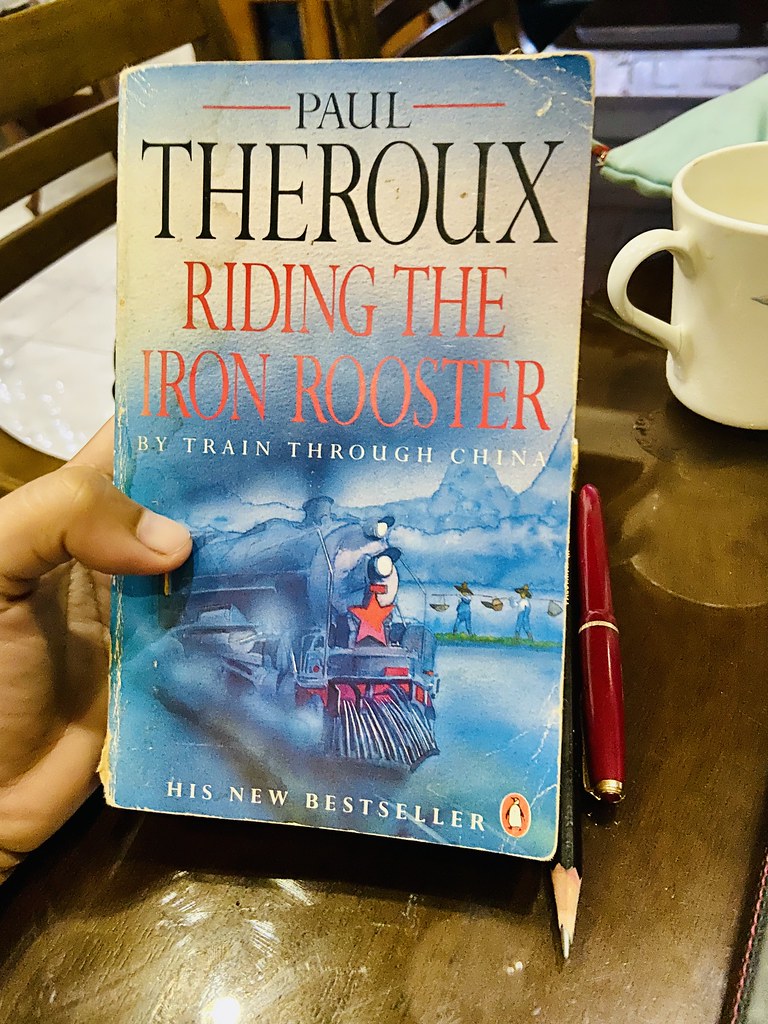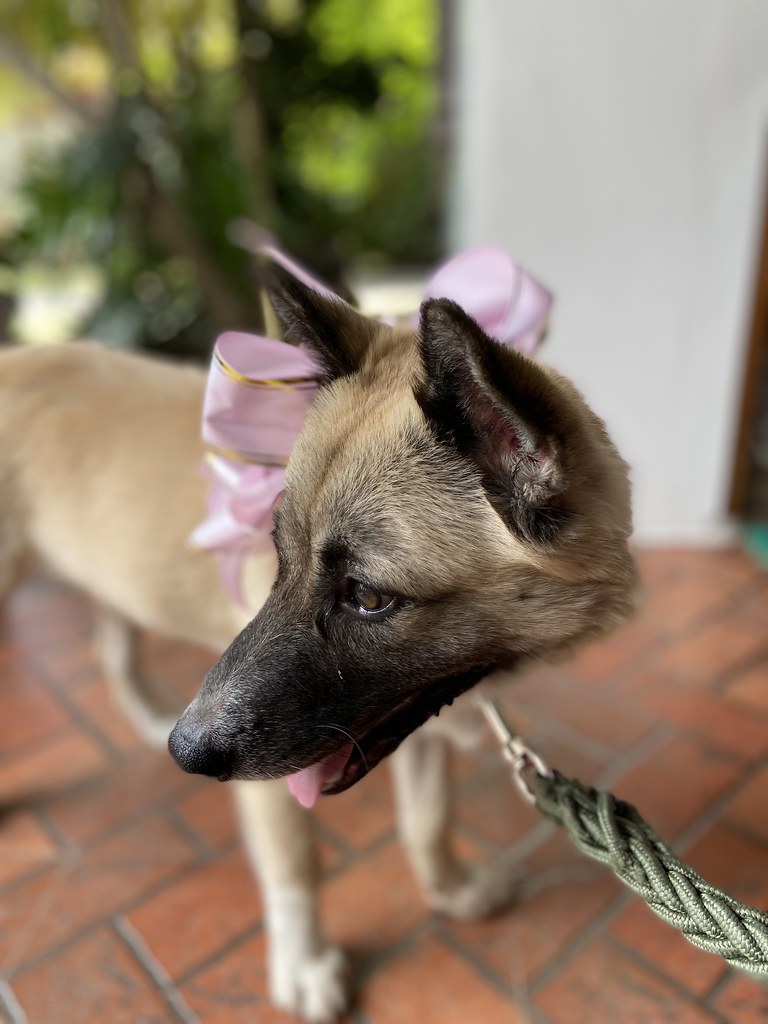I often get asked how I deal with patients who cry in the clinic. There are no easy answers. But I assume that most of my patients and their families know more than what they'd be given credit for. They might not know the nitty-gritty details of treatment and prognosis, but they carry with them a vague, often accurate, idea that what they have is "not good." When they enter the consultation room, I don't immediately get into the details. I warm them up with questions of where they're from and what they do. I establish a connection. Where I practice, that involves asking if they know a common person. It helps that I speak the vernacular for a more nuanced, intimate back-and-forth. They hardly get surprised when I break the news: that they have cancer. But my speaking to them confirms the fact of their disease. They cry, usually quietly, grappling for a handkerchief or tissue paper. I have a stack of napkins on my desk that I offer to them in a few minutes of silence. I assure them it's okay to let it all out.
There's a common belief that it is detrimental to the body and soul if one keeps the pain inside. Grief must be expressed and let out. I'm sure there are psychological and theological reasons for this. In my experience, encouraging outpourings of grief is cathartic and ultimately beneficial.
This is a bit of a stretch, but this daily reality of my private practice seems to find resonance in Dr. Edward Donnell's The Christian Life, a chapter in the book, "John Calvin: For a New Reformation" (ed. Derek W.H. Thomas and John W. Tweeddale, Crossway, 2019). I love John Calvin. Each time I read him or about him, I learn something new—as a Christian or, in this case, as a cancer specialist. I must note that cheerfulness is not defined here as being happy-go-lucky. It is, in my reading of this text, a deep-rooted joy.
Yet Calvin's humanity and pastoral wisdom shine out when he explains that cheerfulness can coexist with anguish. The point of a cross is that it hurts terrible, and this is is the paradox and glory of Christian suffering. He has no time for what he calls the "iron philosophy" of Stoicism. The Lord himself shed tears over his own trials and over the misfortunes of his disciples . . . As Calvin describes, "If all fear is branded as unbelief, how shall we account for that dread with which, we read, he was heavily stricken [Matt. 26:37; Mark 14:33]? If all sadness displeases us, how will it please us that he confesses his soul 'sorrowful even to death' [Matt. 26:38]?"
Dr. Donnell concludes,
This is sane and wonderfully tender pastoring.
In practice terms, this translates to me saying, "It's okay to cry." I end with a word of encouragement, ask their permission if I can pray for them. As they leave, I take care not to give false promises of cure, but I don't withhold from them sufficient hope to carry them through the days before they see me again on their next consult.
The main difference between napkin and tissue paper is that the napkin is a soft piece of fabric material, used to wipe the face before and after eating. On the other hand, Tissue Paper is a soft easily absorbent paper used for cleaning purposes. Both are available in different colors.
Labels: faith, medicine




